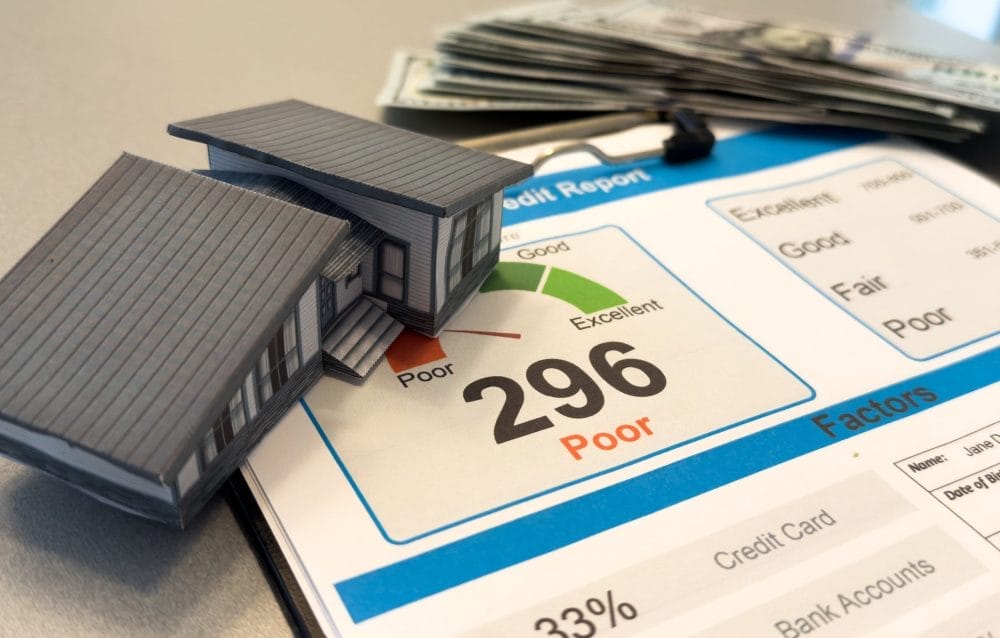Credit monitoring services sound like a financial safety net, right? They promise peace of mind by tracking your credit reports and sending alerts if something looks fishy. But here’s the twist—those services often come with hidden price tags that can sneak up on you. They don’t just drain your wallet; they can lock you into habits and expenses you weren’t expecting.
Let’s pull back the curtain on the surprising costs that may be hitching a ride with your so-called financial protection.
1. Subscription Creep That Never Ends
Credit monitoring usually starts with a low introductory rate that looks like a steal. But once the trial period ends, those monthly fees jump higher than you’d expect. The trick is subtle—since payments are automatic, you often forget they’re even happening. Before long, you’ve been paying for years without realizing how much it adds up. That’s subscription creep, and it’s one of the biggest hidden costs.
2. The Upsell Trap
Most credit monitoring services aren’t satisfied with just one subscription tier. They love dangling “premium protection” with features that sound too good to pass up. The sales pitch usually makes you feel unsafe without the upgrade, even though the basics would do just fine. Falling for these upsells means you end up paying for features you don’t really use. Over time, the upgrades can cost more than the original service itself.
3. Paying for Duplicate Coverage
A surprising number of people already get some form of credit monitoring for free. Banks, credit card companies, or even employers often provide similar services at no cost. But many sign up for a paid service without realizing they’re doubling up. That duplication means you’re paying for protection you already had. It’s like buying two umbrellas but only carrying one in the rain.
4. The “Convenience” Fees
Credit monitoring services love to frame extra charges as small, optional add-ons. Need your credit report mailed? There’s a fee. Want to access certain alerts or tools faster? Another fee. These little costs stack up over time, eating into your budget. What’s billed as a “convenience” is really a cash grab.
5. Emotional Costs You Don’t Expect
Here’s a sneaky one: the constant alerts can spark unnecessary anxiety. Every little ping about your credit activity feels like a warning signal. Over time, that stress can wear you down, making you feel like you’re always on edge financially. This mental tax isn’t listed on your bill, but it’s very real. Instead of giving peace of mind, the service can actually raise your blood pressure.
6. Limited Value for the Price
Many monitoring services sell the illusion of full coverage. But the truth is, they can’t actually stop identity theft; they only notify you after it happens. That means you’re often paying for an incomplete solution. The protection isn’t as strong as it seems, and the return on investment can feel weak. Paying premium prices for half-baked results is a frustrating hidden cost.
7. The False Sense of Security
Relying too heavily on credit monitoring can lull you into slacking on other financial safety practices. People start skipping basics like checking their statements, updating passwords, or freezing their credit when necessary. That misplaced confidence can lead to bigger financial messes if something slips through. In the end, the “security” you paid for may actually leave you more vulnerable. That indirect cost is one you won’t see until it’s too late.
8. The Opportunity Cost of Your Money
Every dollar tied up in monthly monitoring fees is a dollar not working for you elsewhere. That money could be growing in an investment, paying down debt, or building your emergency fund. Instead, it quietly disappears into subscription land. Over years, the opportunity cost adds up to thousands of dollars. It’s a silent drain that doesn’t just cost money—it costs progress toward your financial goals.
The Real Price of “Peace of Mind”
Credit monitoring services promise protection, but they often come with a lot of baggage. Between subscription creep, emotional strain, and wasted opportunities, the true cost is higher than most people realize. That doesn’t mean the services are worthless—but it does mean you should weigh the benefits against these hidden expenses. Sometimes the best protection is simply being proactive with your credit on your own.
What do you think—are credit monitoring services worth it, or just another money pit? Share your thoughts in the comments.
You May Also Like…
What Happens When Credit Apps Tap Your Contact List Without Permission?
How AI Credit Algorithms Penalize Solo Women in Finance Markets
8 Micro-Saving Habits That Shield Your Credit Score Better Than Any Card
8 Popular Finance TikToks That Just Lead to More Credit Card Debt
Is Your Side Hustle Helping or Hurting Your Credit Score?








